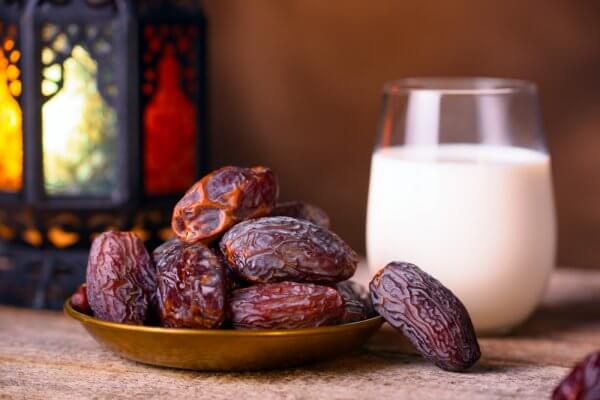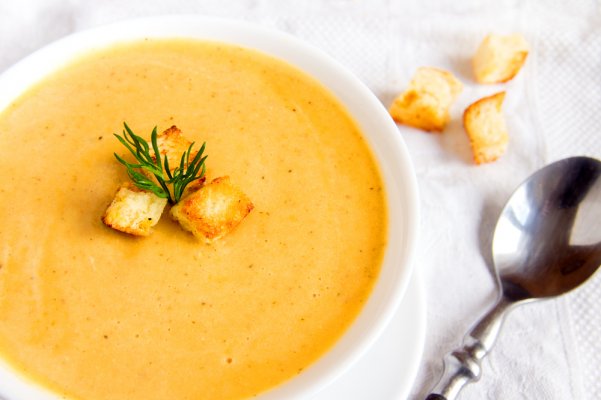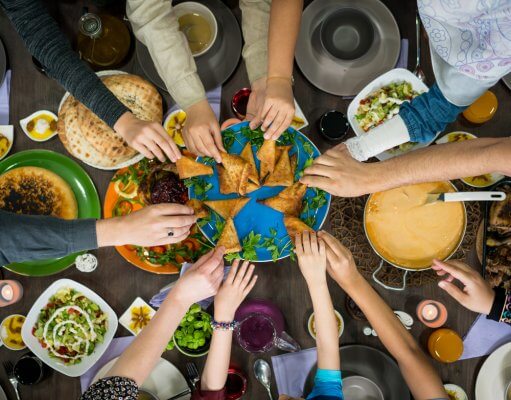This article was published on May 30th, 2018
Hosting an Iftar during Ramadan is a usual fete in Bahrain and the region, which is a time where families and friends gather for meals and spend time together. There are a few things to keep in mind when preparing and serving the meal. Read on!
1. The Setting:
You should ensure that your menu is ready and only needs to be served or re-heated so that the food is ready when it’s time to eat. Make sure you have the TV or radio set to a channel that will announce the maghrib call to prayer and let it run.
2. Breaking The Fast:
Most people like to break their fast with dates, so make sure you have a good amount available for your guests. There are also several types that you can offer them, so mix and match types. Water and other juice or beverages should also be available on hand for guests, and these include Laban, Qamar Al-Deen (apricot juice) to name a few. Remember to have coffee and tea
3. The First Course:
This usually includes a soup, which is another traditional way that the meal starts with, as it is best to start with somewhat of a lighter option. If you are going the traditional route, think lentil, as it is one of the most popular and customary soups in the region. However, there are plenty of options you can consider when choosing a soup, including tomato, carrot and corn. In addition to the soup, you need to add some healthy and fresh veggies, so a salad is the best way to go. Again, traditionally you would go with tabbouleh or fattoush, but there is nothing against going with other types as well. As an accompaniment, people also usually serve samosas or savory Arabic pastries as well, including mezzeh.
4. The Main Course:
Typically, your main meal would include a protein, chicken, lamb or fish. Of course, if you or your guests are vegetarians, you need to an add an option as well. These are usually accompanied with some side dish, most popularly rice. You can also add other dishes as well, including casseroles, stews and vegetable dishes. Remember, try to avoid deep-frying or frying your food – instead, opt for grilled or poached proteins for a healthier meal.
5. Dessert:
No Iftar is complete without something sweet! Sugar is essential in Ramadan, especially as we need it to boost energies! Luckily there are countless options for you to consider when setting up the dessert portion of the meal. In Ramadan, popular dessert options include Knafah, Katayef and Luqaimat. Of course, you can also choose other desserts, including cake, pies and ice cream for the children (and adults)!









